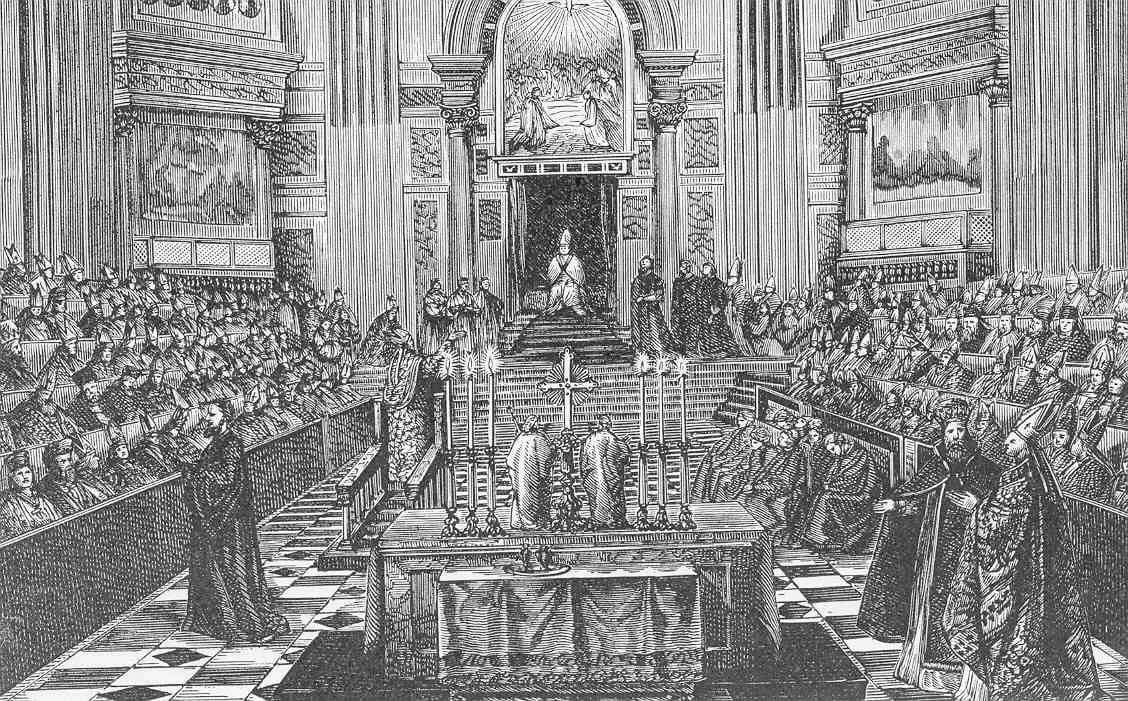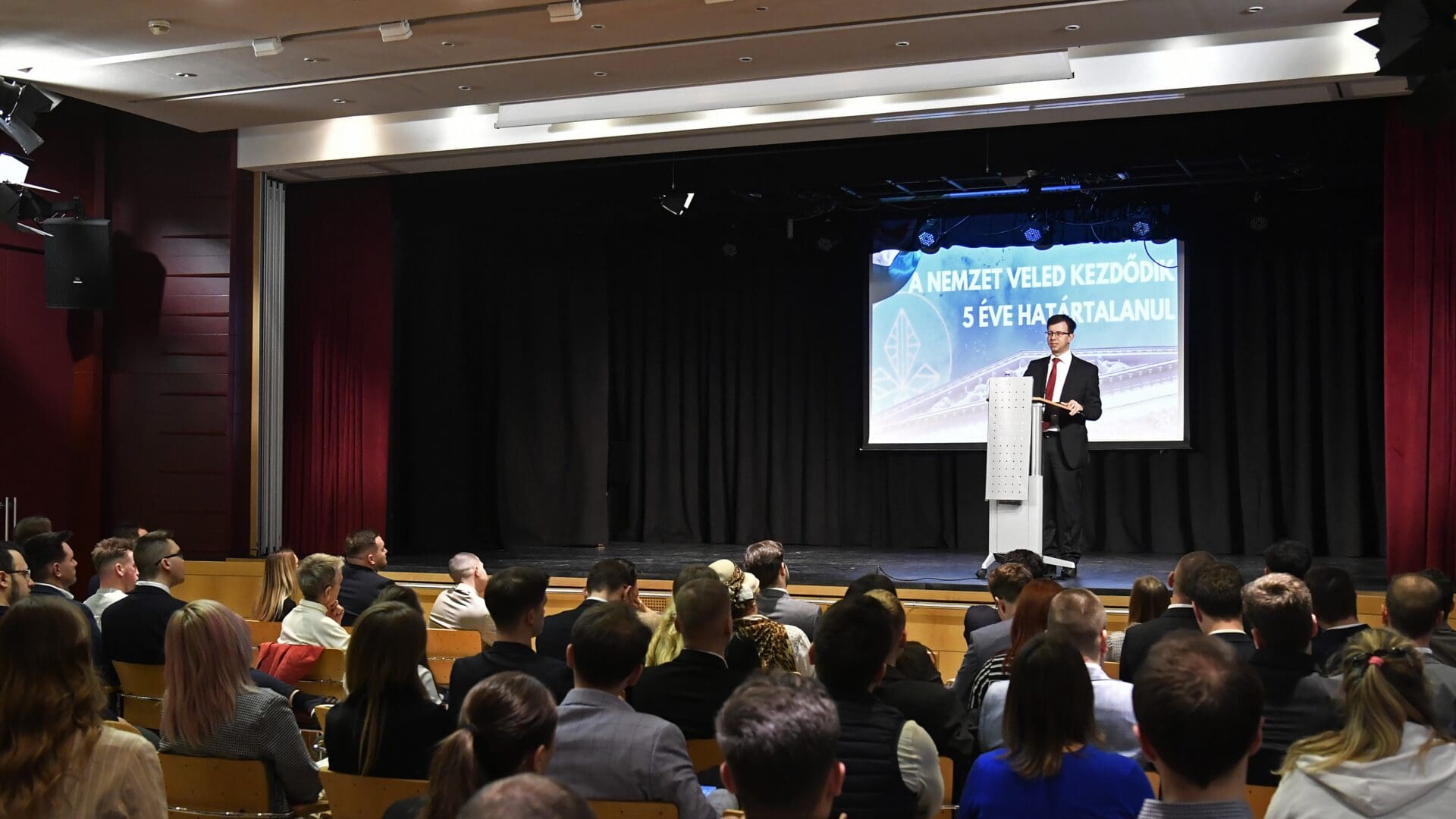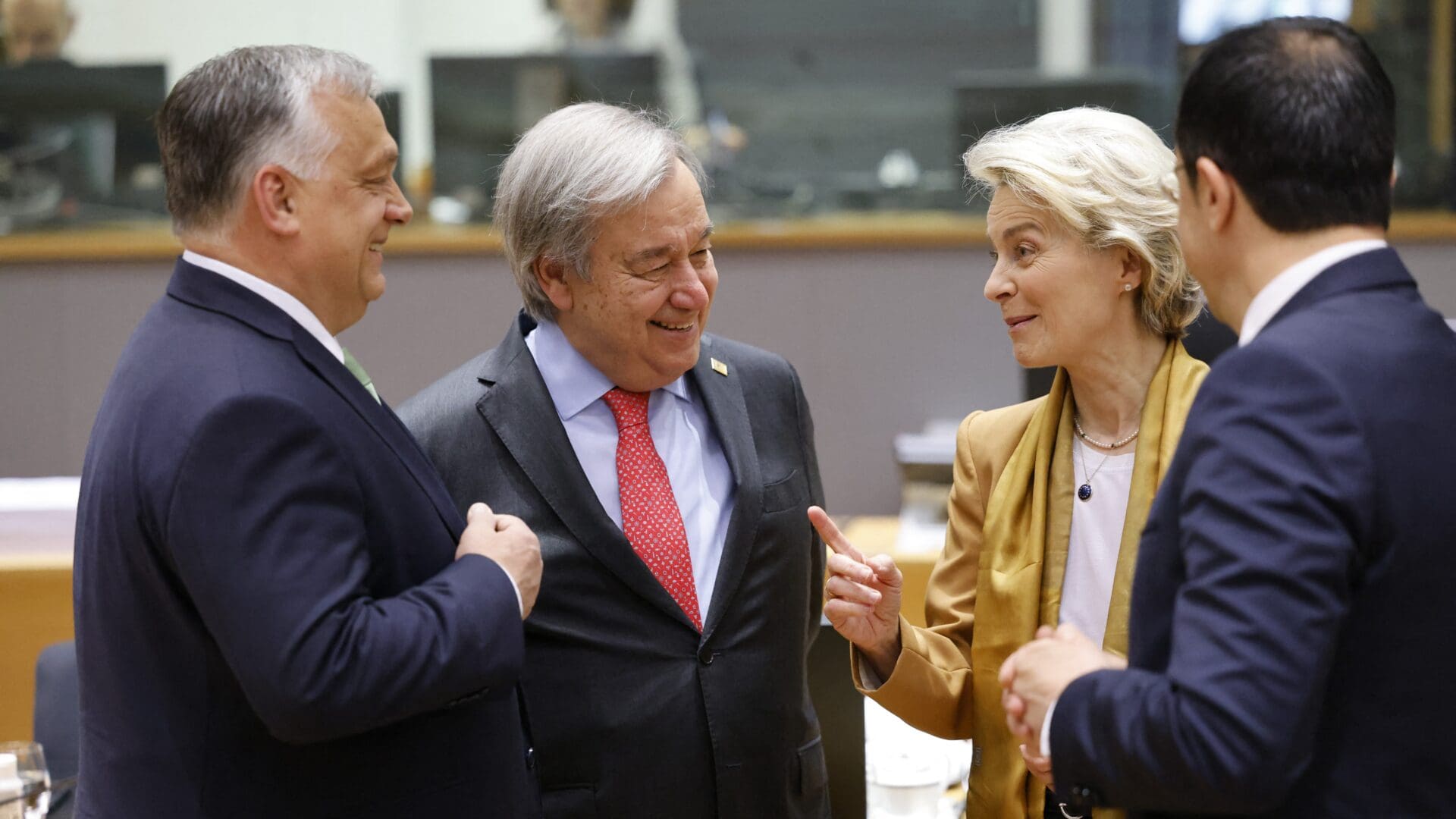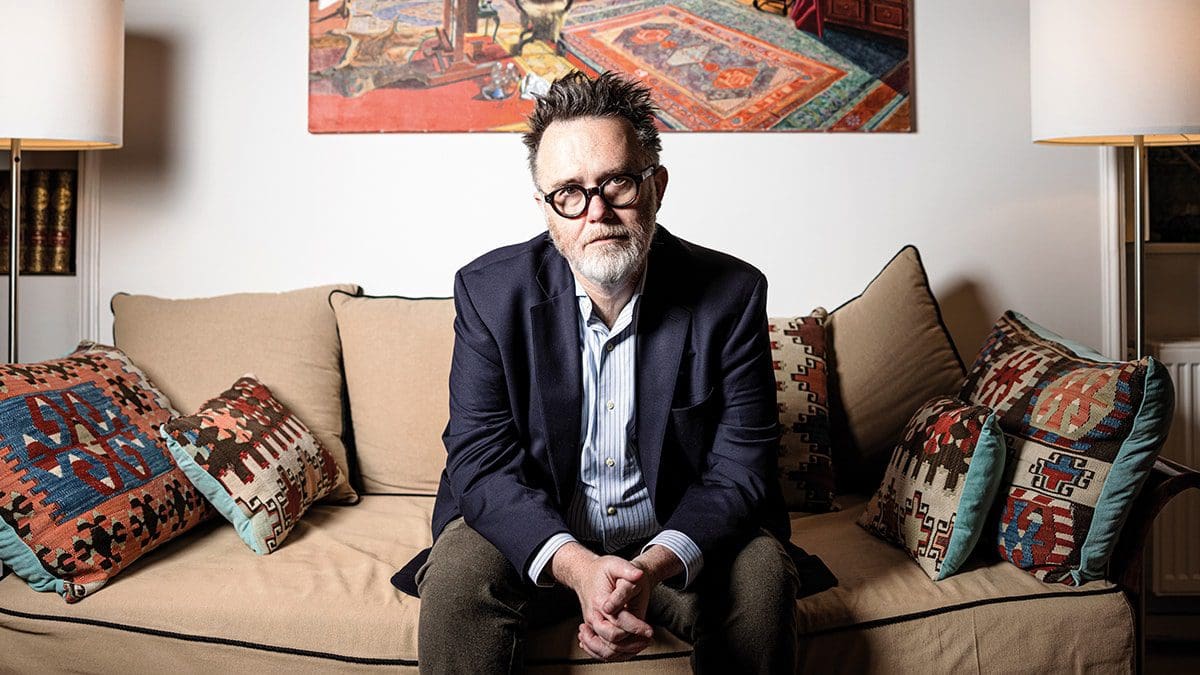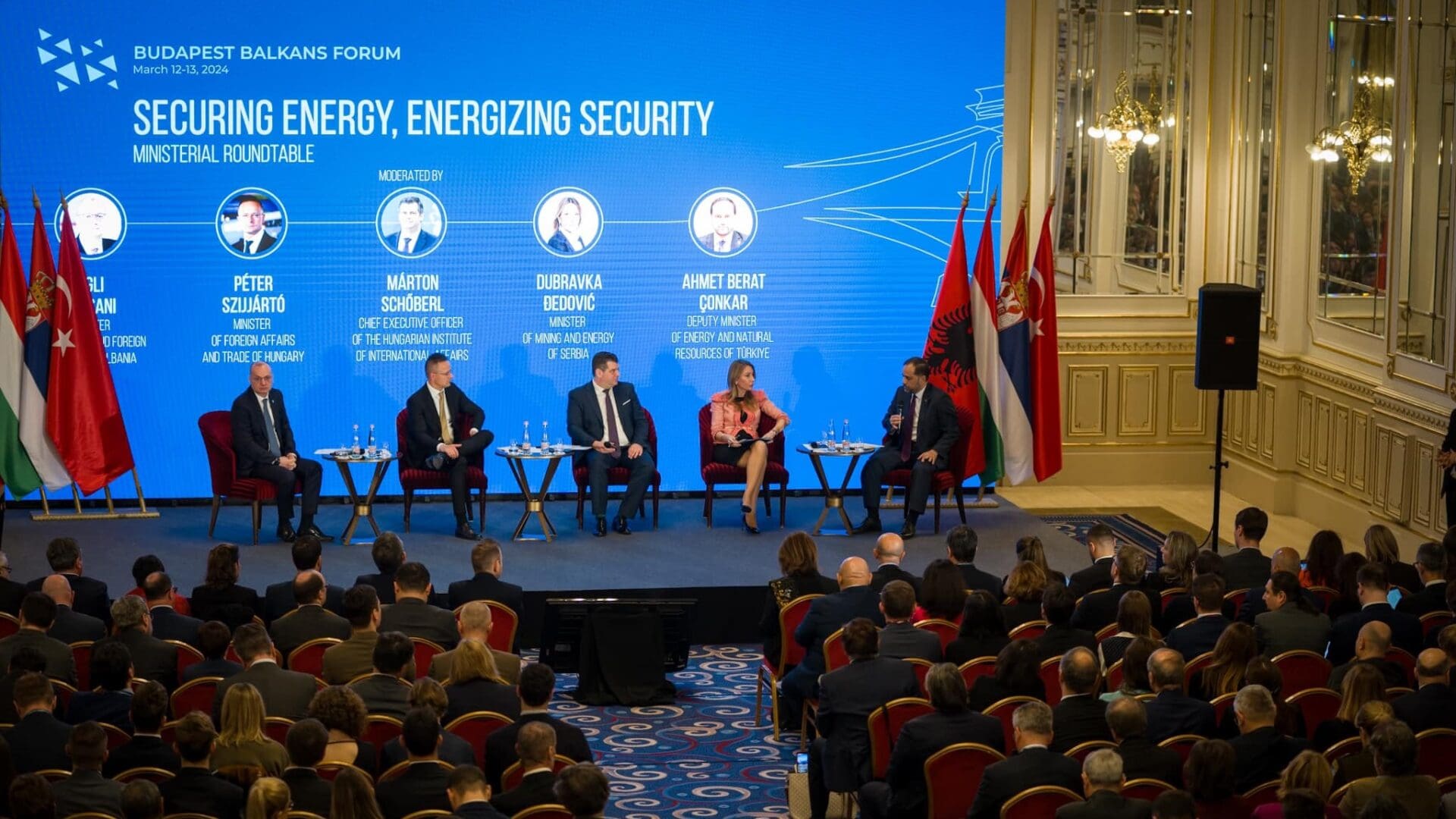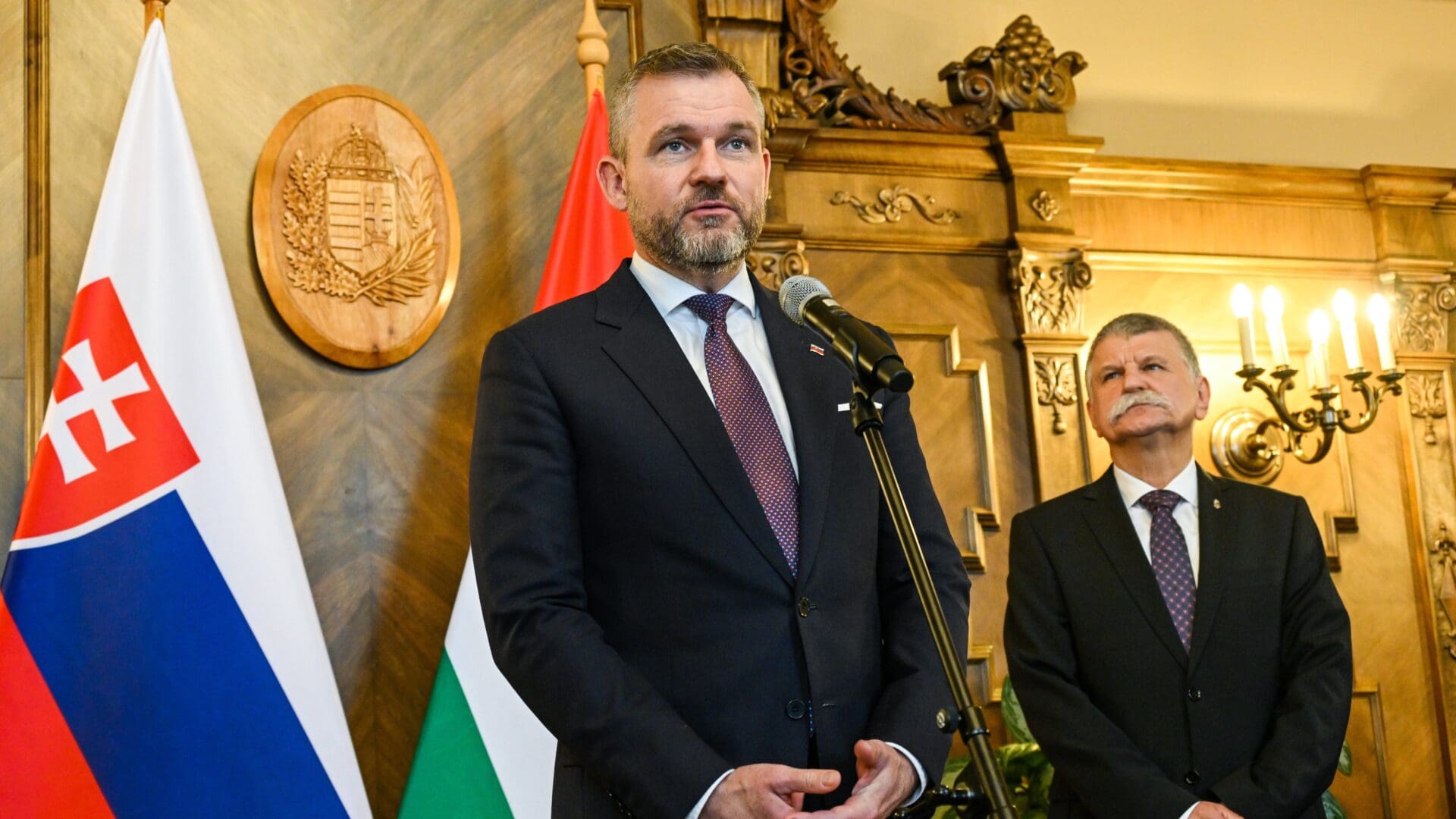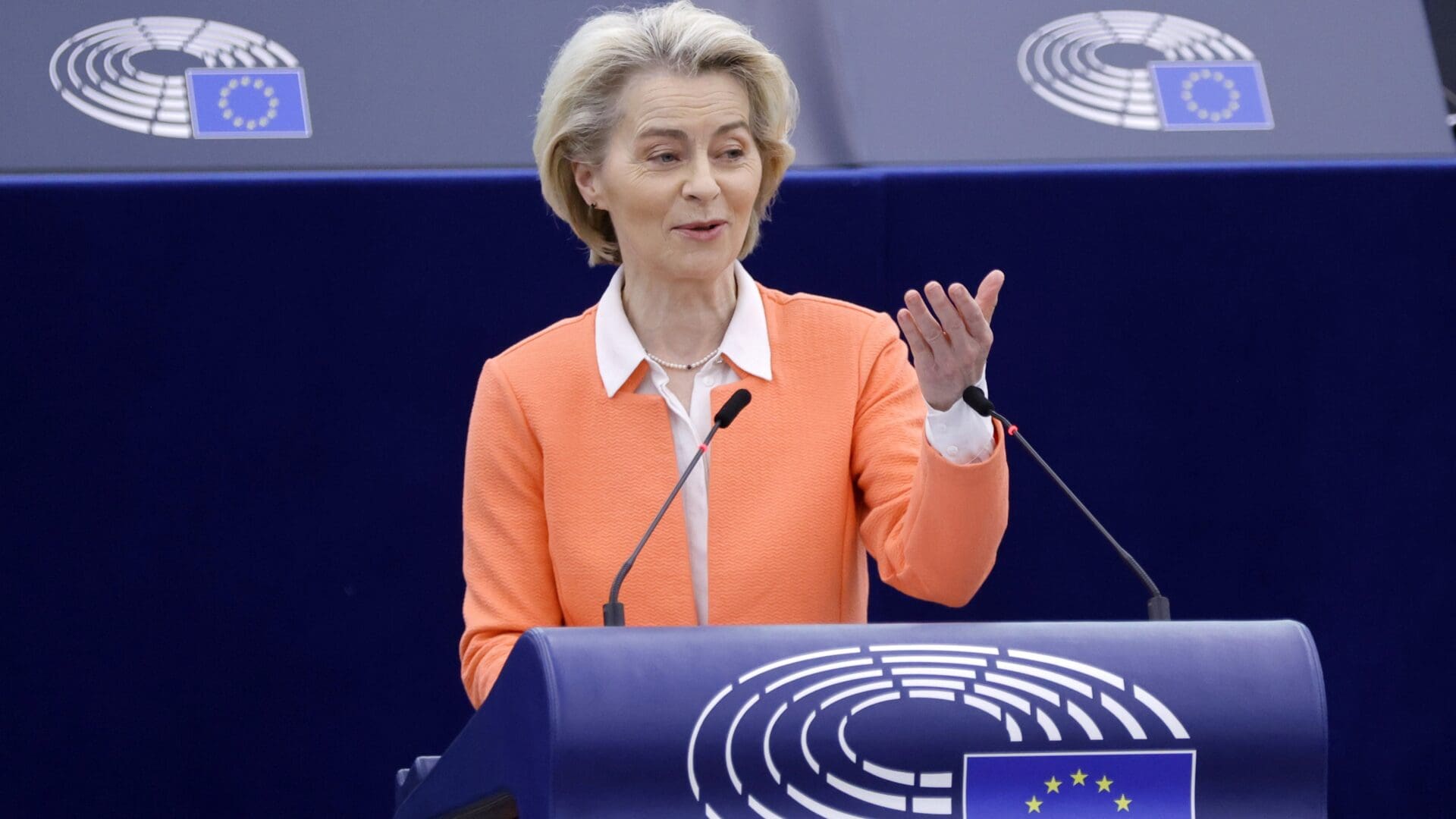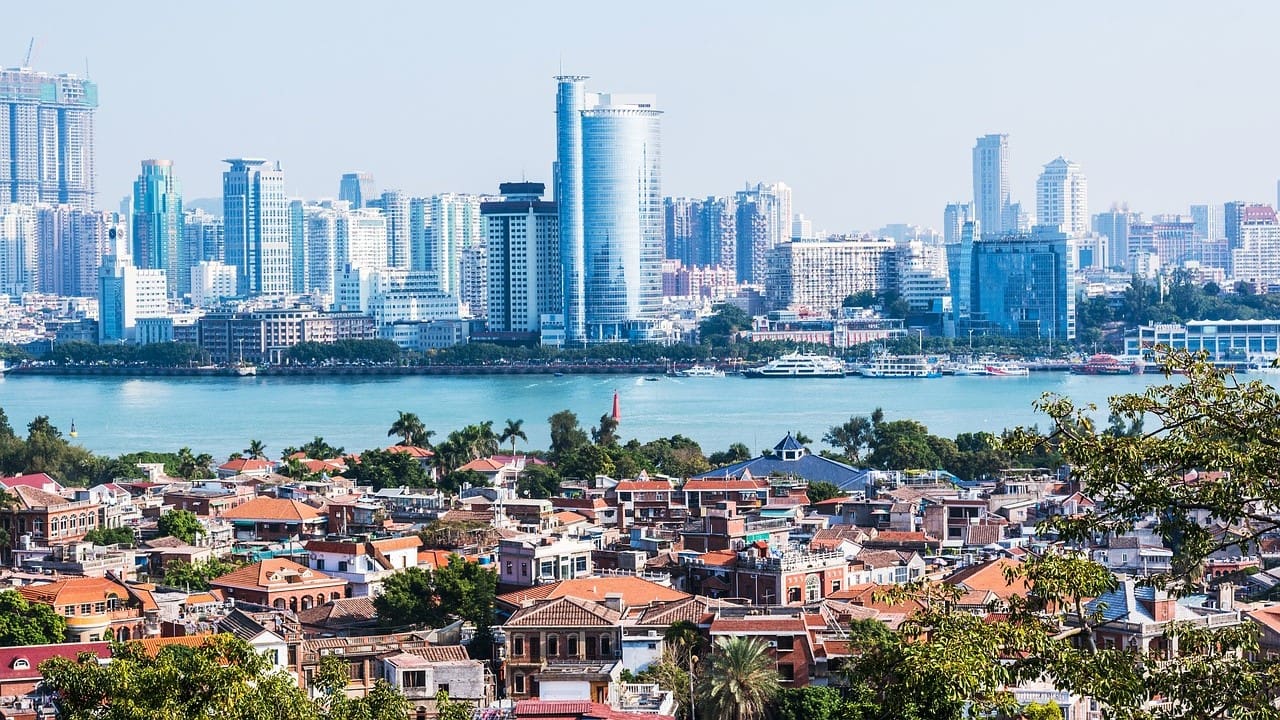
China and Hungary’s Conservative Cosmopolitanism
‘Western conservatism and mainstream Chinese political thought share an important characteristic: a culturalist worldview that recognizes what is culturally one’s own and, from this basis, acknowledges and accepts the otherness of Others in a pluralistic world of cultures and civilizations. This is a particular form of cosmopolitanism; one may call it conservative.’

